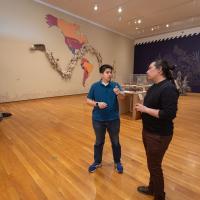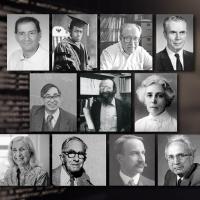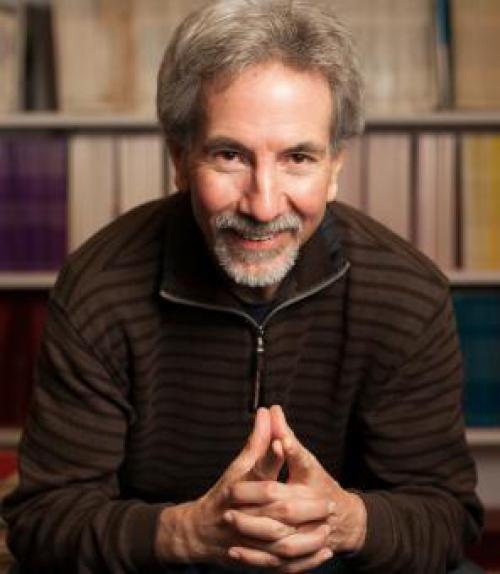Imagine you are watching an NBA basketball game, and you are asked to bet on the outcome of the game. Are you likely to put your money on the team with the player who appears to be unstoppable- the one who just made his last three shots and is just about to shoot again? What if that same player goes for the shot and misses, but the referee mistakenly calls a foul when there was none and allows the player a free throw. Would you expect the player to make the shot?
Thomas Gilovich, the Irene Rosenfield Professor of Psychology, studies how people form judgements, reach conclusions, and take actions. He is profiled in this Cornell Research story. He has found that sometimes we form decisions based on a misevaluation of the evidence which can lead to faculty judgements and dubios beliefs. Gilovich looks at inequity aversion- the human preference for fairness- using basketball as his research arena. He showed that players make significantly fewer free throws when they've been awarded the free throw erroneously. If a player knows a free throw is undeserved, this goes against their need for equity even in a real world situation like an NBA basketball game where there is high pressure to act in their own self-interest. Gilovich's studies have many day-to-day aplications.
To continue reading, visit the Cornell Research website.




